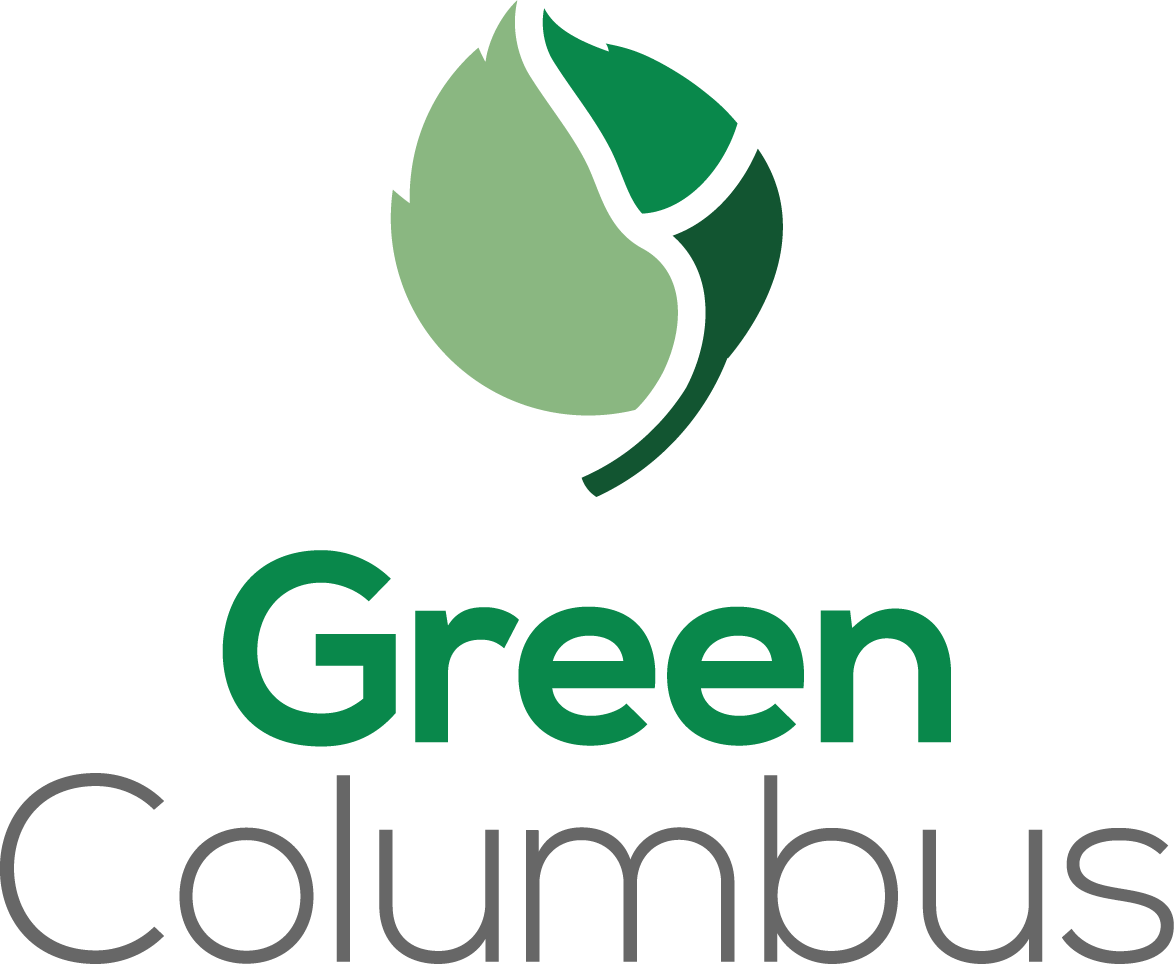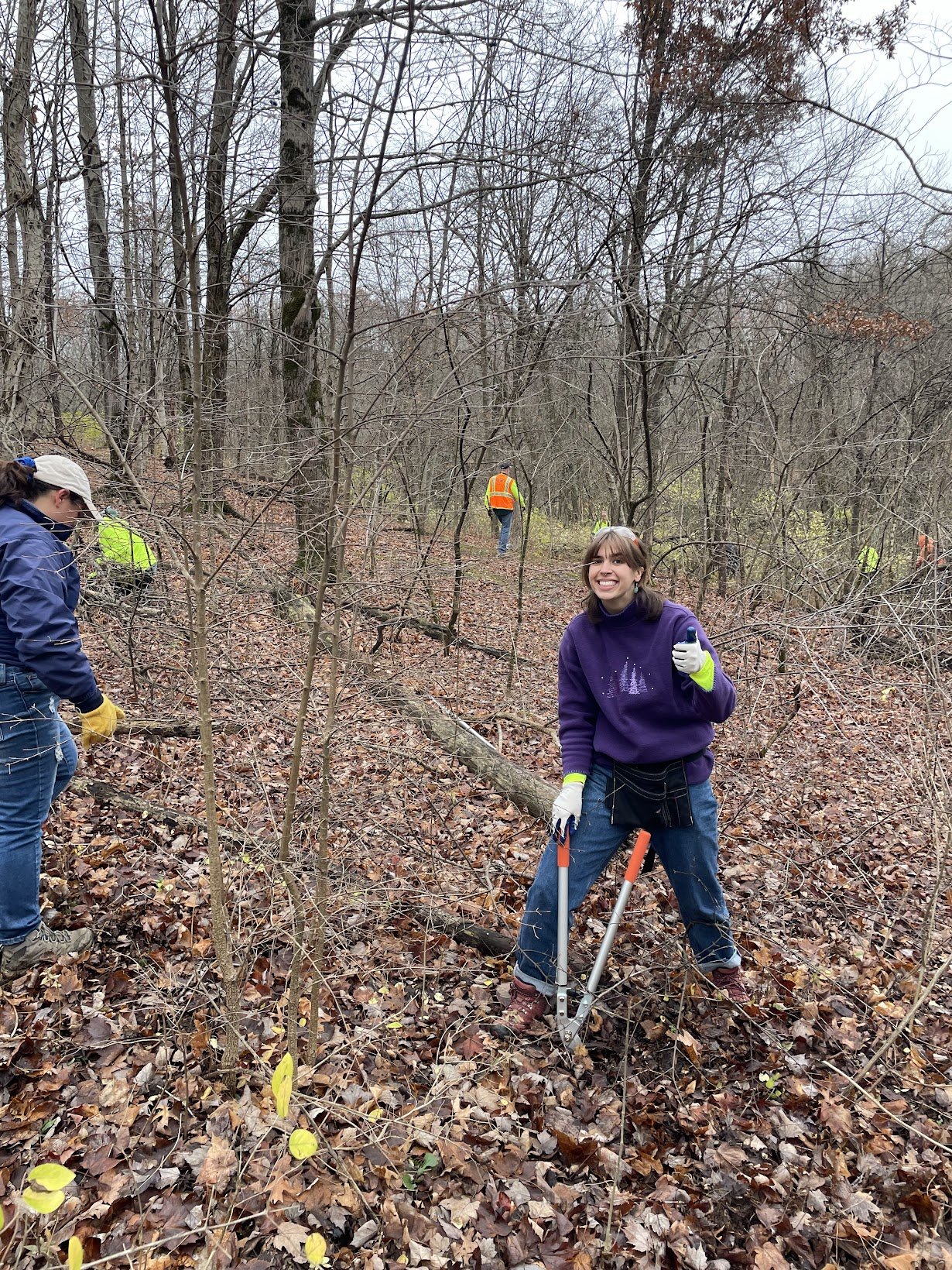Honeysuckle Hackfest…Success!
Invasive plant species are everywhere! According to the Ohio Department of Natural Resources, 22% of plant species in the state are not native, and several of them are invasive and pose harm to Ohio’s ecosystem.
Invasive plants are just as they sound, non-native plants that are introduced to an area that threaten the health of the surrounding ecosystem. A healthy ecosystem is critical for clean air, water, soil health, and food for wildlife.
Amur Honeysuckle (Lonicera maackii) is an invasive species of plant that is found all over the state of Ohio. Amur Honeysuckle is native to east Asia. Honeysuckle shrubs can grow to be up to 20 feet tall and are highly aggressive. Honeysuckle is effective at reducing plant diversity and shading out native plants. Additionally, the berries these plants grow offer little to no nutritional value, and this can cause harm to birds who rely on these berries for proper nutrients. Birds eating the berries of the Honeysuckle contributes to its spread as well. The photo above shows the forested area at Deer Haven Park. All of the foliage that is green is Honeysuckle, and it is completely taking over. Because of the threats produced, the Honeysuckle must be removed from the area.
On November 16, 2024 a group called Nature Dads hosted an event at Deer Haven Park in Delaware County called “Honeysuckle HacFfest.” This event had around 100 volunteers who came out to help clear out the invasives along the trails in the park. The event was a huge success and had food trucks, activities, and highlighted different local businesses and nonprofits.
The event also featured goats who helped to clear out invasive species. Especially for the child volunteers, the goats were a great addition to the event. Clearing out the Honeysuckle will make room for more native plants to grow and help restore the health of the park
Green Columbus was one of the vendors for the event, and we had a blast getting to connect with community members and help to clear out a large portion of the Honeysuckle. Volunteers did this with a variety of methods including hand-pulling, saws, loppers, honeysuckle poppers, and other materials. Much of the Honeysuckle was cleared out of the area. Two large truckloads of Honeysuckle were filled in addition to several piles of the brush which were left in the woods for the wild life. Further, the stumps left over from removal were safely treated with herbicide by Preservation Parks to prevent regrowth of the invasive plant. Nature Dads plans to host another Honeysuckle HackFest next November at Deer Haven again in addition to possibly adding more locations across Columbus.
This event was a major success and Nature Dads has been contacted by a Cleveland organization to help them plan a HackFest up there. Nature Dads is in the works of recruiting 5x more volunteers (roughly 500) for next year’s event to boost the amount of invasive removal. In the spring, they will be hosting a native tree planting event in collaboration with Green Columbus as an Earth Day event this spring and will be looking for volunteers for that!
Here is a before and after photo taken by Nature Dads that was shared after the event.






